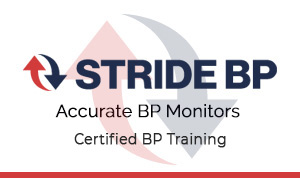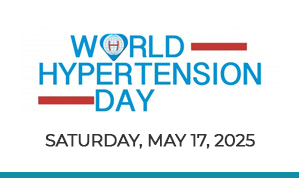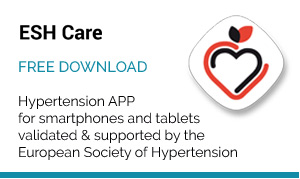Milan, Italy – Primary prevention of cardiovascular disease could receive a massive boost if a combination “polypill”-a capsule containing five different medications at half-doses-were used in individuals who were still healthy but assessed to have high cardiovascular risk. That’s according to an expert from Canada who delivered study findings to the European Meeting on Hypertension.
Koon Teo, MD PhD, a Cardiologist and Professor of Medicine at McMaster University in Hamilton, Ontario, presented data from a 12 week long study in which healthy individuals who had cardiovascular risk factors such as high blood pressure, dyslipidemia, were smokers or were overweight received a single pill each day containing a diuretic, aspirin, beta blocker, ACE-inhibitor and a statin. The study needed to discover whether the agents would work as well in combination as the do in monotherapy, and not interfere with the effects of each one individually.
“We have just tested the concept-that the polypill works and is safe and effective, with this particular combination,” Dr Teo said in an interview after his talk in Milan. And the finding of the study is that it does, and that there could be markedly fewer cardiovascular events in communities using such a pill, though he acknowledged that there will still be questions about whether this particular combination is the right one.
Dr Teo and his colleagues found that the combination of the three blood pressure lowering medications (ACE inhibitor, beta blocker, diuretic) was much better than having either one or a combination of just two of the same agents-there was a step-wise improvement in efficacy.
“We found that using half doses (of three antihypertensive drugs) in combination gives a better blood pressure lowering effect than if patients take a high dose of one or maybe two medications,” Dr Teo said.
And the investigators also found that the statin included in the polypill reduced cholesterol levels just as effectively as the same dose used as a separate pill and that the affect of aspirin was also just as good as when used as an individual agent. But the big advantage was that patients only needed to remember to take one pill each day, which the investigators expected would be a big advantage for compliance: “The idea is that doctors should start thinking that for the average patient compliance will definitely improve if you take one pill a day rather than four or five pills,” Dr Teo said.
When he was asked whether such a polypill could be adopted as a public health measure to prevent illness rather than urging lifestyle changes, he said: “We always have to emphasise lifestyle changes. This is not a magic pill that will replace lifestyle changes-the important message is to exercise, watch your diet, stop smoking, reduce weight and then at the same time use this polypill.”





